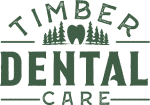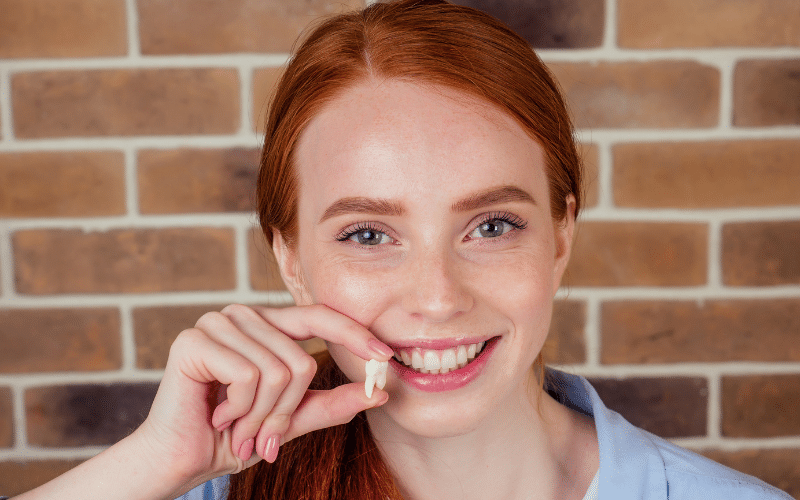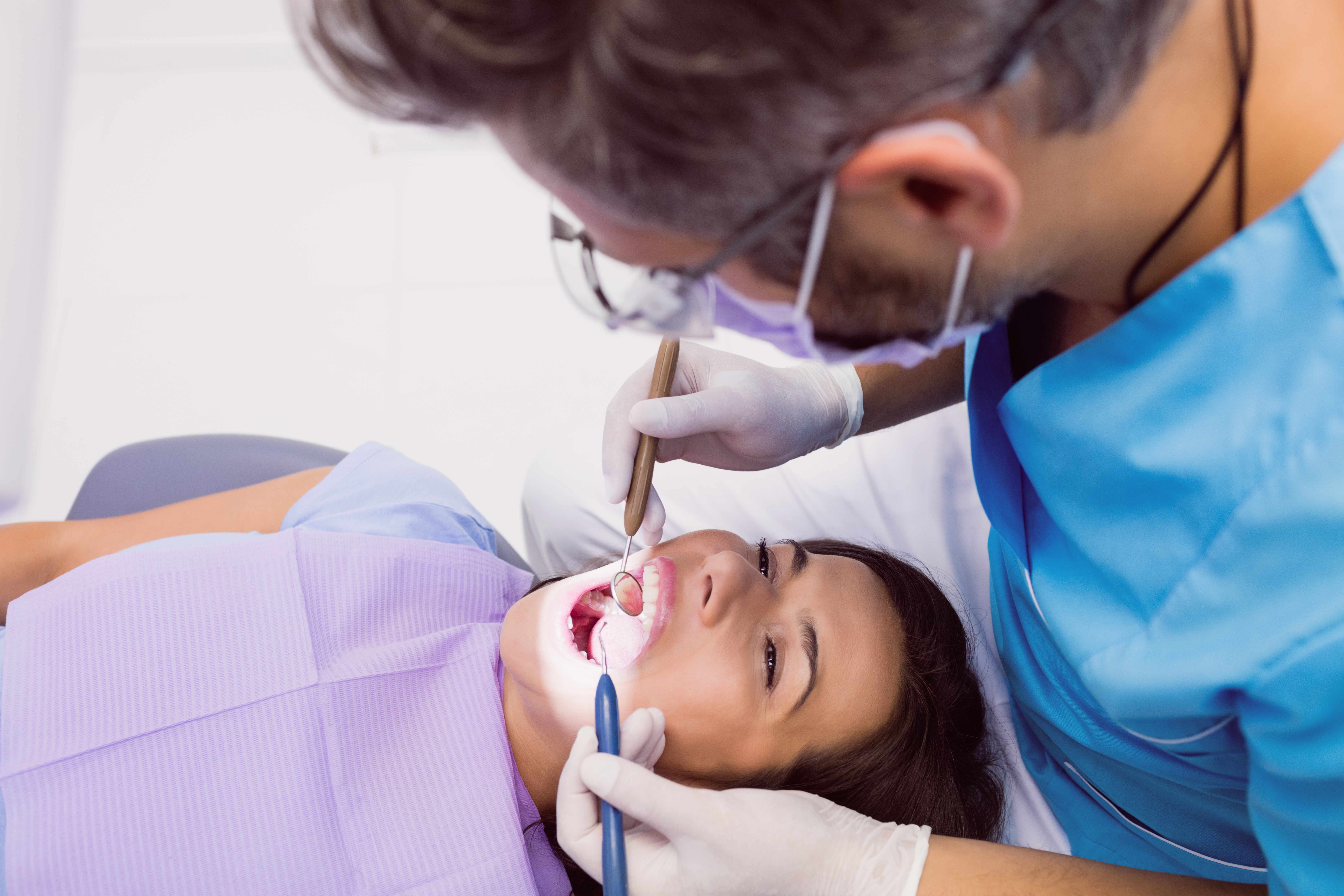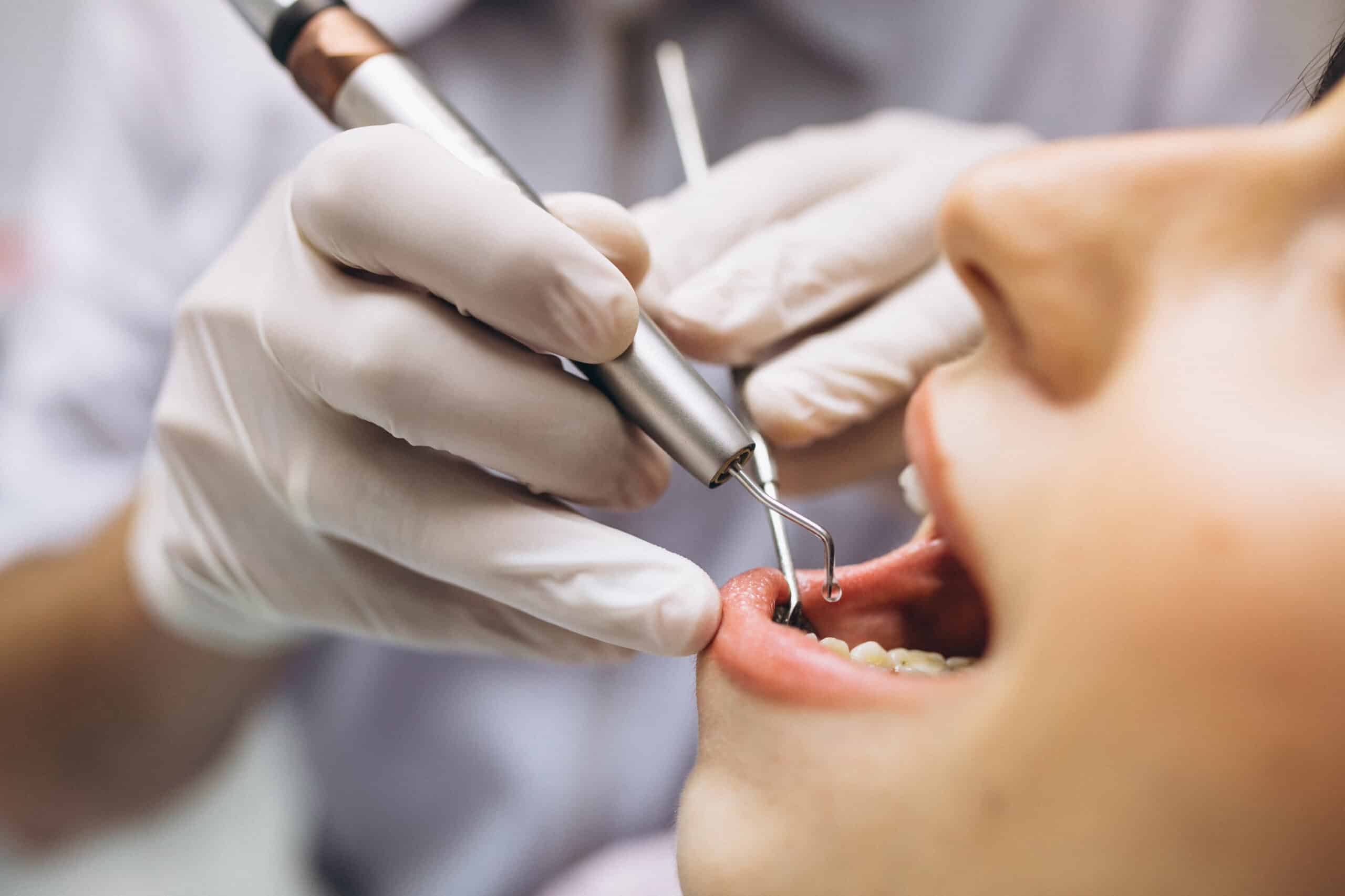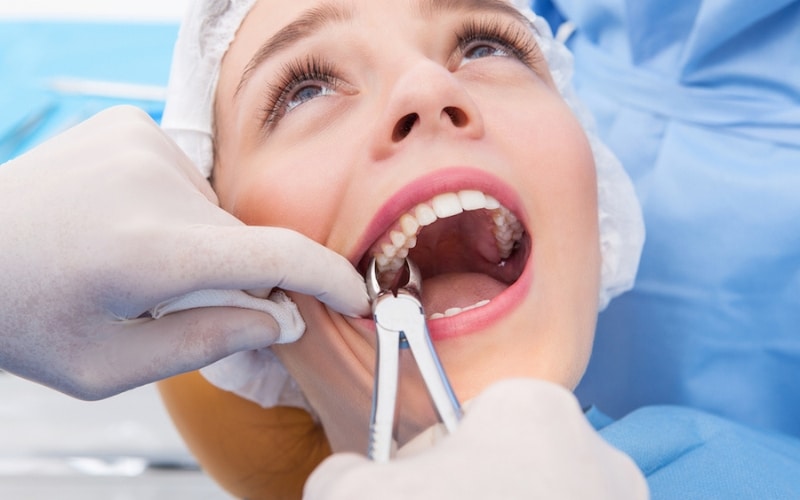
Tooth extraction is a common dental procedure performed for various reasons, including severe decay, gum disease, or trauma. After undergoing a tooth extraction, proper care and precautions are crucial to promote healing and prevent complications. In this comprehensive guide, we’ll explore the important aspects of post-tooth extraction care, focusing specifically on what not to do after the procedure. By understanding these guidelines, patients can ensure a smooth recovery and maintain optimal oral health.
Understanding Tooth Extraction
Tooth extraction involves the removal of a tooth from its socket in the bone. It may be necessary due to severe decay, advanced gum disease, impacted wisdom teeth, or orthodontic treatment. While tooth extraction is a routine procedure, it’s important to follow specific guidelines to support the healing process and minimize discomfort.
What Not to Do After Tooth Extraction
Avoid Smoking or Using Tobacco Products
Smoking can delay healing, increase the risk of infection, and lead to complications such as dry sockets. Tobacco products contain harmful chemicals that can interfere with blood clot formation and hinder the healing process.
Do Not Rinse Your Mouth Vigorously
Refrain from rinsing your mouth vigorously or using mouthwash during the first 24 hours after tooth extraction. Forceful rinsing can dislodge blood clots, disrupt the healing process, and increase the risk of bleeding and infection.
Do Not Touch the Extraction Site
Avoid touching the extraction site with your fingers, tongue, or any objects. Touching the area can introduce bacteria and germs, leading to infection or irritation. Allow the blood clot to form and protect the underlying tissue during the initial stages of healing.
Avoid Strenuous Physical Activity
Refrain from engaging in strenuous physical activities, heavy lifting, or vigorous exercise for at least 24 to 48 hours after tooth extraction. Physical exertion can increase blood flow to the extraction site, leading to prolonged bleeding or discomfort.
Do Not Consume Hot or Spicy Foods
Avoid consuming hot, spicy, or crunchy foods that can irritate the extraction site or dislodge blood clots. Stick to a soft diet consisting of soups, yogurt, mashed potatoes, and smoothies during the initial days of recovery.
Avoid Drinking Through a Straw
Refrain from using straws for drinking beverages during the healing period. The suction motion created by straws can dislodge blood clots, leading to dry sockets or delayed healing. Drink fluids directly from a cup or glass to minimize the risk of complications.
Do Not Skip Medications or Follow-Up Appointments
Follow your Thornton dentist’s instructions regarding prescribed medications, pain relievers, and antibiotics. Skipping medications or follow-up appointments can hinder the healing process and increase the risk of complications such as infection or inflammation.
Avoid Consuming Alcoholic Beverages
Alcohol can interfere with the body’s ability to heal and increase the risk of bleeding or infection after tooth extraction. Avoid consuming alcoholic beverages for at least 24 to 48 hours following the procedure.
Keys to Successful Post-Tooth Extraction Care
Proper post-tooth extraction care is essential for promoting healing, preventing complications, and ensuring a smooth recovery process. By following these guidelines and avoiding common pitfalls, patients can minimize discomfort, reduce the risk of infection, and maintain optimal oral health. It’s important to adhere to the recommendations provided by your dentist and seek prompt medical attention if you experience any unusual symptoms or complications after tooth extraction. With patience, care, and attention to detail, patients can achieve successful outcomes and enjoy improved oral health for years to come.
